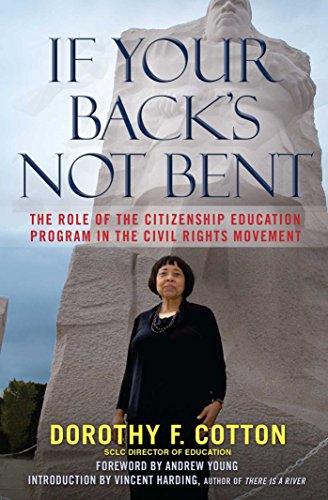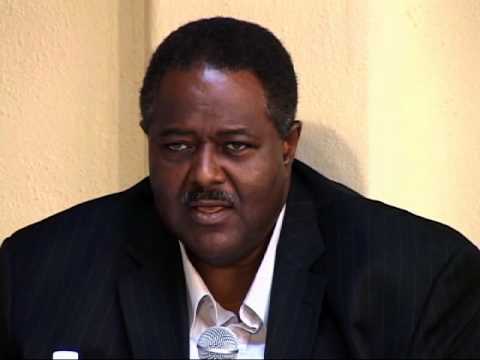Human beings are political by nature. Politics is what we do when we define problems and advance solution strategies. In the process, we follow, set, ignore, or break rules.
Politics is always grounded in a set of principles or values that justifies the need to take action and achieve our purpose. A person or organization can do politics effectively or ineffectively. I think about my daughter’s first word, saying kitty as she pointed to our cat (apparently, the cat had some value to her). Very quickly she could say, I want kitty (apparently, a motivating principle) as she reached to grab the cat in a not-so-gentle hug, an action that resulted in an outraged cat, ever more resistant to meeting my daughter’s purpose. My daughter’s scratched arm caused her to question the value of kitty. Since I see all actions as part of a political dynamic, what followed was a ‘policy making’ session on how to develop a more effective way to relate to kitty.
Although we associate politics with achieving a purpose in a larger public realm—the bosses office; the board room; or local, state, national and international governments—civic organizing makes the case that individuals are being political whenever they attempt to achieve something they value.
This is not a common understanding of politics so we start with the literal meaning—the work of the citizen. The meaning is derived from the Greek word, polis: the governing jurisdiction of ancient Greece. Within the polis, Greeks linked the function of governance to the role of citizen. The principle role of citizenship was to govern for the common good. Politics was the way to carry out that role.
In a civic organizing approach, we borrow from this conception of politics and call it citizen politics. The following provides a concrete example of how citizen politics works in our 21st century democracy.
The Civics of Curb Cleaning
Janna Caywood is organizing a cleanup in her Saint Paul neighborhood. Here is her description of the effort:
“Como Curb Cleanup – October 13th through October 21st
The Como Curb Cleanup, is a collaborative effort among Como neighbors and several cross-sector partners to prevent as much organic debris as possible – namely dead leaves – from washing or blowing down our street storm drains. The project is organized by the Como Lake Neighbor Network and by District 10, but is led by hundreds of Como residents who, collectively, prevent thousands of pounds of a major phosphorus source from entering Como Lake and the Mississippi River. Through this community-wide effort we prevent further degradation of our local waters and we advance a key solution strategy for Como Lake – reducing phosphorus pollution at the source.”
As Janna is organizing with her neighbors she is making the case for linking this effort with the function of politics and the role of citizenship. Her neighbors “might not think that cleaning up leaves in Como has anything to do with citizenship and democracy,” but as Janna reminds us “the Como Curb Cleanup is about a lot more than raking up a few leaves.”
“At its core, this project is really about our role as citizens, impacting the kind of Como community we want while ensuring that our individual efforts contribute to addressing the large and complex issue of restoring clean water.”
Janna is asking individuals to claim the identity of citizen as much as she is asking them to become a neighborhood volunteer. What difference does that identity make? As citizens, all those involved in this project— neighbors, District 10 leaders, representatives of governmental agencies—would have a say in defining the project’s purpose, goals, and measures for determining success. Together they would define what they consider the common good. Everyone who sees his or herself as part of the problem must help make it clear that everyone also has a role in producing the solution. Acting as citizens lessens the tendency to look only to government agencies for solving issues and increases understanding of why all of our insights and contributions are required.
After the cleanup event, Janna will organize an evaluation of the effort against the purpose and goals that were co-created by all of the stakeholders involved. She will use that experience to again link the political functions to the role of citizenship and the meaning of citizen politics and move forward. According to Janna:
“In 2013 we hope to launch a year-long project to bring ourselves up to speed on our lake’s condition and take on this question of Como Lake’s restoration and what our role, as members of the public, as citizens, should be. And to determine what kinds of community supports and civic leadership training we need to achieve our goals and vision.”
In the next installment of this series, I will address where citizens do politics.
By Peg Michels. Michels is the founder and executive director of Civic Organizing, Inc., a partner in the Minnesota Active Citizenship Initiative.



